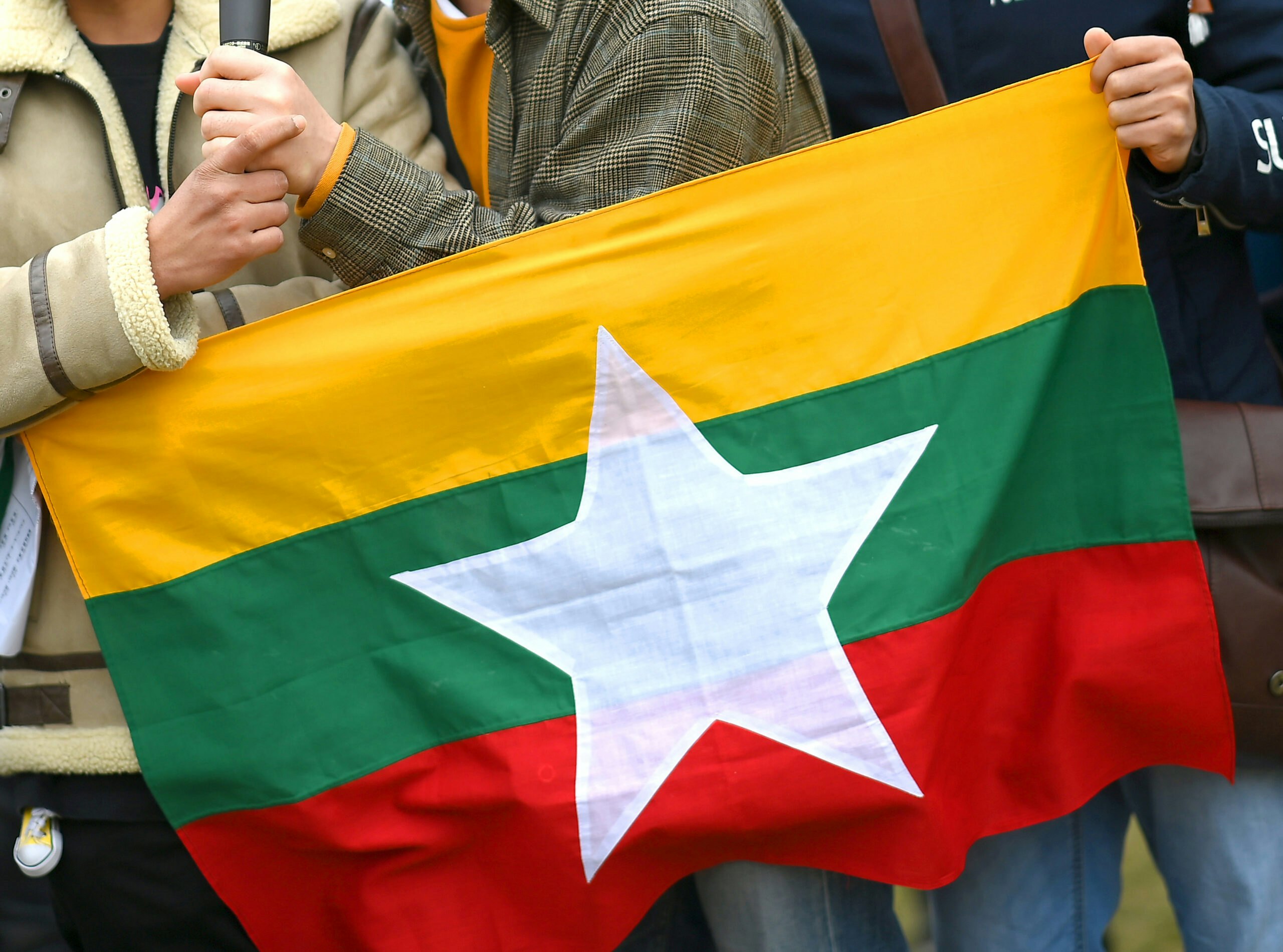Burma has experienced one of the most disturbing incidences of democratic decline around the world in recent years, but it’s at a potential turning point as the country’s military dictatorship struggles to maintain power.
Democratic momentum came to a screeching halt in February 2021, when a military coup d’état ousted the democratically elected government. It’s just one example of how democracy around the world is at risk. We’ve seen our 18th year of democratic decline, according to Freedom House’s Freedom in the World 2024 Report.
The United States and the international community must support people who long for democratic change or risk allowing authoritarians to continue eroding democratic gains in Burma and around the globe. That includes people like Lin Htet Naing, who goes by the name James, and is currently serving a prison term in Rangoon’s notoriously brutal Insein prison, where torture is routine, for organizing peaceful strikes against the junta.
At the George W. Bush Institute, we’ve had the privilege of working with young leaders in Burma who embody our ideals of humanity anchored on human rights, human dignity, and market economies as a means of creating peace and prosperity. Many continue their work in Burma today, despite facing numerous obstacles and dangers. Some currently serve in ministry leadership roles in the newly founded National Unity Government.
Burma ended almost a half century of military rule in 2015, when it successfully held its first democratic election and ousted a junta that had turned what had once been one of Southeast Asia’s wealthiest countries into a poor and isolated nation. Nobel laureate Aung San Suu Kyi’s National League for Democracy (NLD) won a landslide victory in 2015 then did it again in 2020 after the country’s second go at a free and fair election.
But the political landscape started shifting in Burma after NLD’s initial successes. Progress driven by Aung San Suu Kyi was by no means perfect, particularly as it related to the treatment of ethnic minorities in the country – most notably, the genocide of the predominately Muslim Rohingya minority in Burma’s Rakhine State.
In February 2021, the results of the 2020 election were effectively thrown out by the military in a coup that toppled the civilian government, and Aung San Suu Kyi was jailed.
Burma’s people, however, have resisted with unwavering civil protests, labeled the Civil Disobedience Movement, which saw thousands of peaceful protesters lining the streets of Burma. The People’s Defense Force was established to defend against the ruthless junta as well.
This resistance’s effectiveness has been compounded by the military’s own struggles as it has seen low morale and defections within its ranks, plus strong opposition from many ethnic armed groups throughout the country.
Since the coup, democratic champions have also created a new National Unity Government comprised of a diverse makeup of former NLD leaders, ousted parliamentarians, and ethnic minority members. Their stated objective is to return the country to democracy and provide greater equality for citizens under a decentralized federal system. In a country with more than 100 ethnic groups, protecting the rights of all people under the law will be important for national stability and social cohesion.
In a sign of desperation, the military this February reenacted a conscription law. This move was designed to increase recruitment while at the same time striking fear into the hearts and minds of young people in Burma. Yet the resistance continues.
A win for Burma’s military junta is also a win for Chinese influence and authoritarianism internationally. The region’s primary authoritarian power, China has invested more than $100 million in Burmese infrastructure improvements through China’s Belt and Road Initiative. A democratic Burma would be another bulwark against Beijing’s ambitions to further dominate Asia.
It’s imperative that the United States and fellow democratic nations continue to impose sanctions that thwart the Burmese regime’s access to capital and other resources. We must send a strong message to the international community that the United States stands in solidarity with democratic champions around the world, and we won’t do business with, or support those doing business with, Burma’s military.
The United Nations estimates that nearly 19 million people in Burma will need humanitarian assistance this year. As this crisis worsens, the international community must ensure aid is delivered fast, effectively, and to those who can support the immediate needs of the people.
The tenacity of Burma’s democratic champions over the last three years demonstrates that their desire for freedom is alive and well and a great force for good.
Our efforts in Burma exemplify our endeavors to uplift the voices of democratic champions across the globe, who, despite immense adversity, believe deeply and strongly that democracy will win in the end.
Together, we must help democracy win in Burma.






























